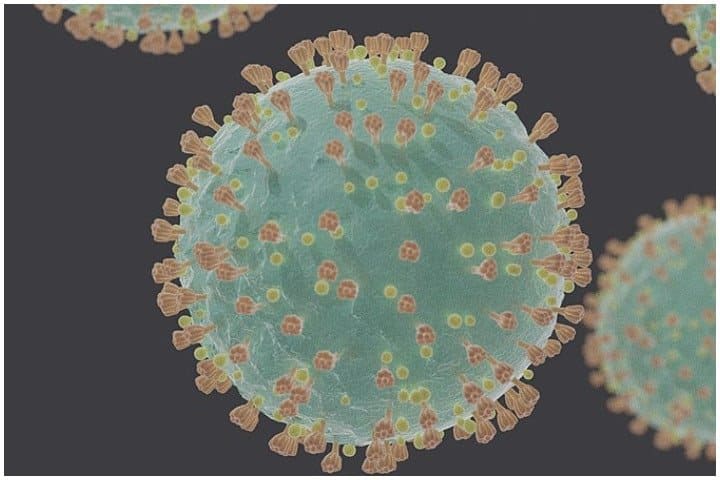Schools Closed During COVID-19. New Research Shows They're Not Coming Back

(The Center Square) – New research shows that school enrollment has declined in over 5,000 public schools in the U.S., suggesting families are rejecting traditional schools because of the pandemic.
The Fordham Institute's new study, conducted by researcher Sofoklis Goulas from the Brookings Institution, released Wednesday, found that families were over twice as likely to leave low-performing public schools.
“These declines do not seem to be explained by declining birth rates or any changes in the enrollment of charter schools or private schools,” Goulas said. “There is something else going on.”The enrollment declines aren’t random, which leads Goulas to suspect that students aren’t just missing but instead are seeking alternatives.
“This new research allows us to see whether these declines are random across schools or whether it could be something related to the efficacy,” Goulas said. “And we find that the big low-performing schools experience larger enrollment declines, which makes us think that, indeed, families are looking for something else.”Goulas added that families could be looking at homeschooling, but the definitive research isn’t out yet. Whatever the cause for the enrollment declines, Goulas said the COVID-19 pandemic was the catalyst.
Goulas said that during the pandemic and related school closures by leaders, families were experimenting with alternative arrangements, like homeschooling, which may have worked well for some. Families may also have been disappointed with how schools reacted during the pandemic, Goulas said.
Another aspect of the pandemic closures is learning loss, which Goulas said may drive families to alternatives as they hope to catch their kids up.
Goulas said that as important as the topic is, many do not want to discuss ebbing enrollment because of what it might mean for a community.“A lot people do not want to discuss declining school enrollment because of operation pressures schools experience that may eventually lead to school closures,” Goulas said. “Even though school closures are a rare phenomenon – we don’t see a lot of school closures in the historical data – they are associated with declining enrollment.”
Goulas’ advice for district superintendents was to look at where there has already been a market response.
“Since enrollment decline is not a phenomenon that manifests randomly across schools, the low-performing schools might be those that experience the greater declines,” Goulas said. “They might be the ones that are closer to closure.”
But, Goulas said, every case is different and the needs of every community will need to be taken under consideration.
“It is difficult to get the consistent definition of low-performance – schools that are not doing a great job serving their community – because even a bad school serves some students,” Goulas said.In the introduction to the report, the Fordham Institute’s Amber Northern and Michael Petrilli pointed out that schools nationwide have empty schools which they ask taxpayers to fund.
“In Chicago, where 35% of seats are now unfilled, nearly three in five school buildings are underutilized,” they write in the introduction to the report.
“In Milwaukee, at least 40 schools are ‘significantly underenrolled’ (though that hasn’t stopped the district from requesting a 30%increase in property taxes),” they write. “In Broward [County, Florida], 67 schools are now operating at less than 70% capacity. The same can be said for 48 schools in Fort Worth.”
Goulas said that he hopes his research will help school leaders figure out how to prepare their school districts for success early enough for them to adequately prepare for the necessary changes.
“These are very hard questions, they vary across districts, but we feel that outlining them can help district superintendents, can help them make plans that help all students,” Goulas said.
Brendan Clarey Go to Source Reposted with permission https://www.wisconsinrightnow.com/schools-closed-during-covid-19-new-research-shows-theyre-not-coming-back/?feed_id=20782&_unique_id=66f9f01c19ccb
Comments
Post a Comment